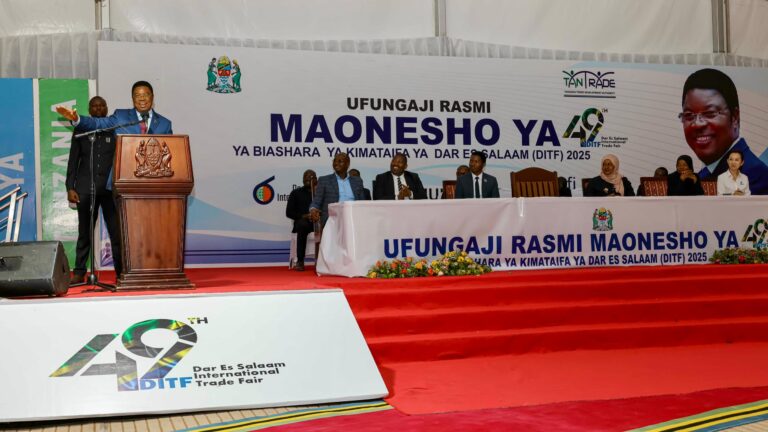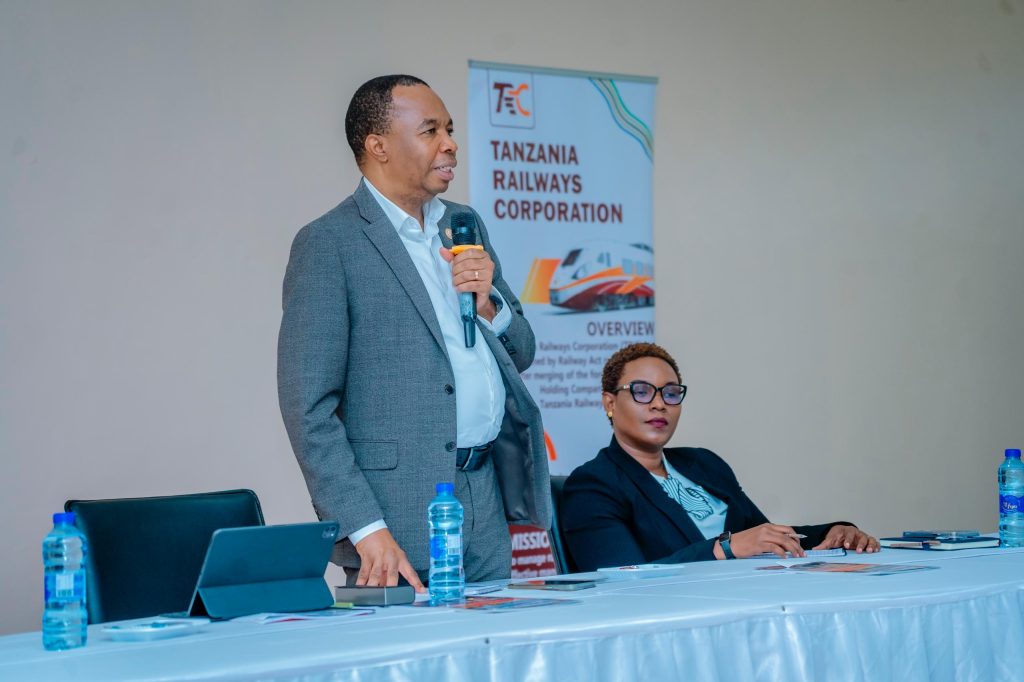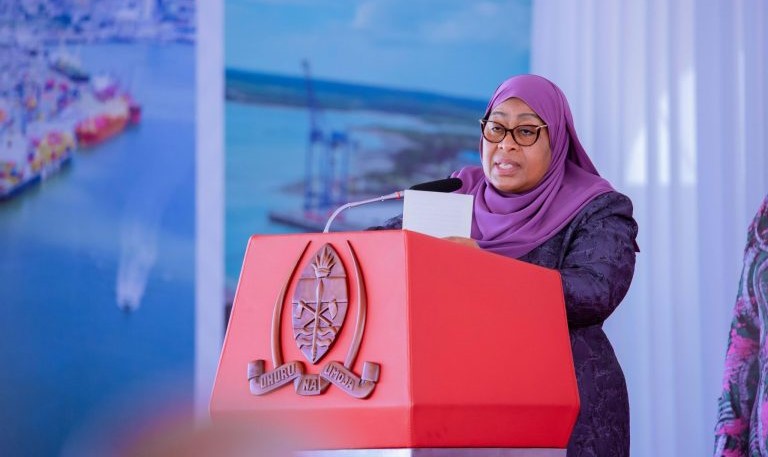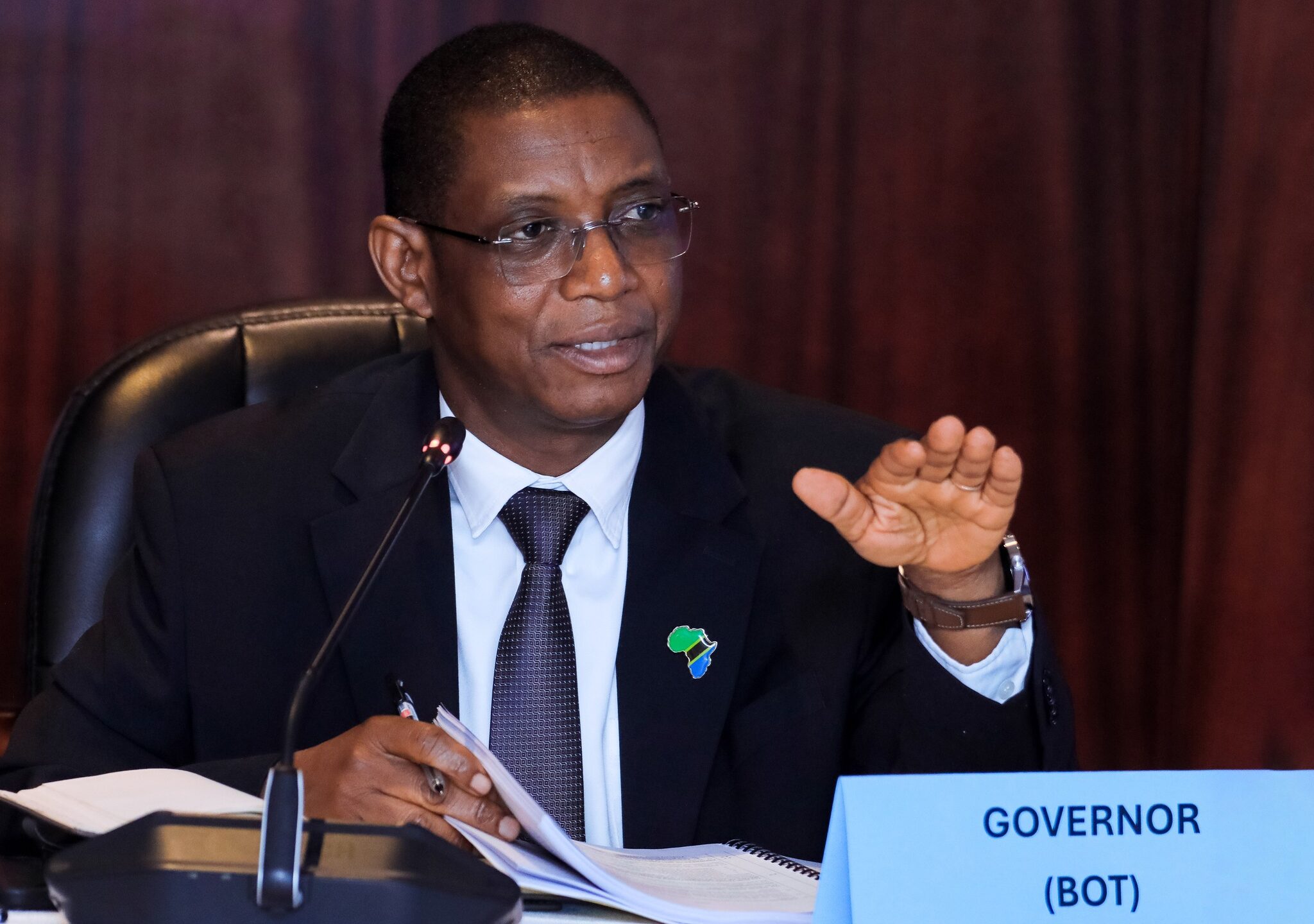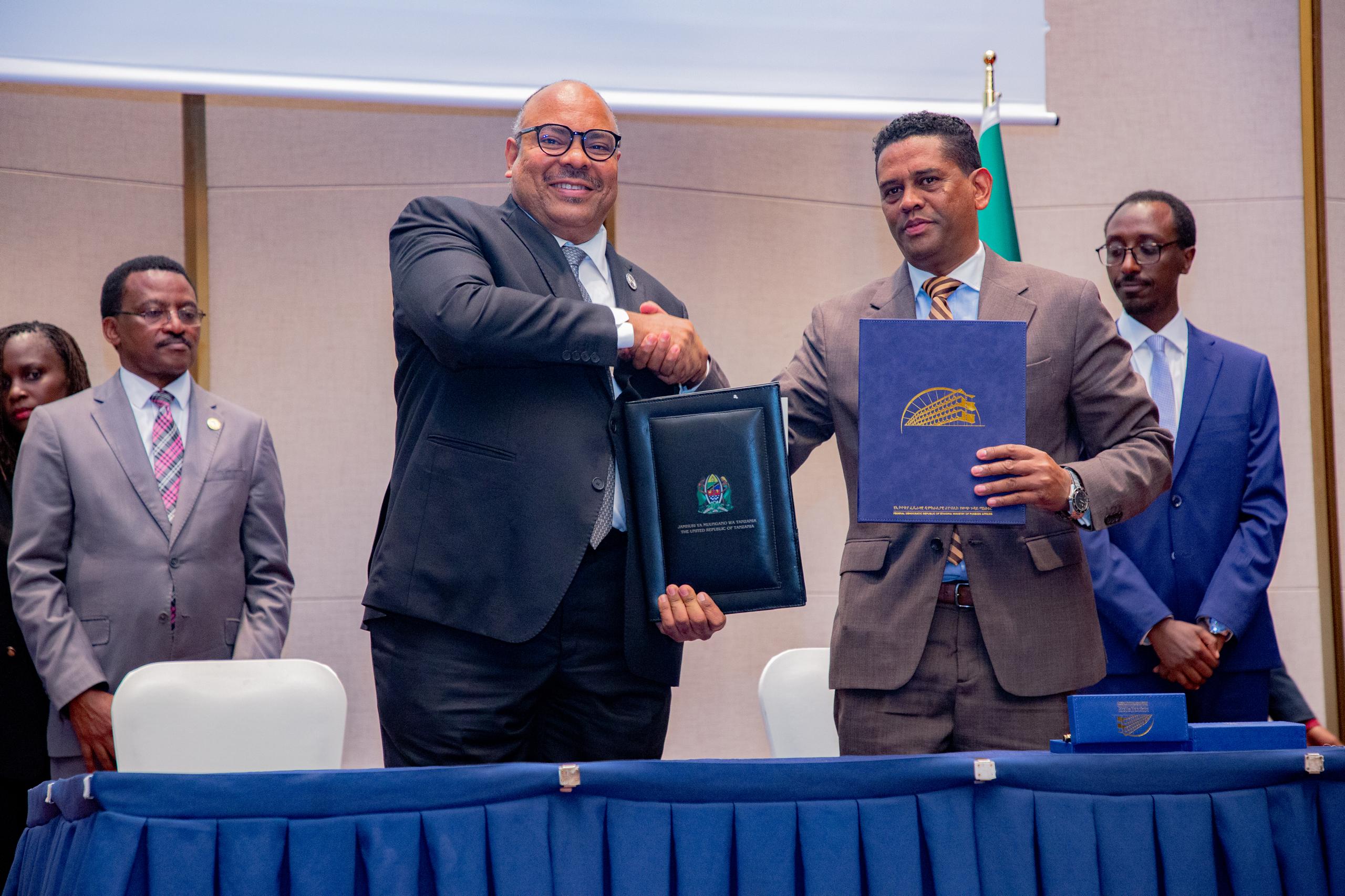Dar es Salaam. Prime Minister Kassim Majaliwa has directed the Tanzania Trade Development Authority (TanTrade) to strengthen its efforts in conducting thorough market research both within the country and abroad, with the aim of expanding access for Tanzanian products and enhancing foreign exchange earnings.
Speaking on Sunday July 13, during the official closing of the 49th Dar es Salaam International Trade Fair (DITF), Mr Majaliwa, who represented President Samia Suluhu Hassan at the event, said TanTrade must prioritise the identification and analysis of export markets where Tanzanian goods have competitive potential.
“Markets have become extremely competitive. When I mention the African Continental Free Trade Area (AfCFTA), the East African Community (EAC), and the Southern African Development Community (SADC), I am referring to regions where we must focus our market analysis. TanTrade must conduct credible and in-depth studies to guide our producers and traders accordingly,” Mr Majaliwa said.
Organised annually by TanTrade, the DITF—commonly known as Sabasaba, serves as Tanzania’s largest trade promotion platform.
This year’s edition featured exhibitors from over 20 countries and attracted more than 2.4 million visitors over 16 days.
The event is regarded as a key avenue for promoting locally manufactured goods and services in regional and global markets.
Mr Majaliwa urged Tanzanian producers to respond to market trends by investing in and scaling up the production of goods that are in high demand, particularly in agriculture, livestock and fisheries.
“This exhibition must give you insight into what products are needed and in which markets,” he said. “Let us expand our production base accordingly.”
He also called for an emphasis on product quality, urging manufacturers to meet international standards and to embrace the use of the national trademark.
“Do not forget to use the national identity mark. Every product must clearly state ‘Made in Tanzania’. That is our national brand,” he said.
The Prime Minister further instructed government institutions responsible for trade and investment, both on the Mainland and in Zanzibar, to eliminate bureaucratic hurdles that hinder business operations.
He emphasised that these institutions must play an enabling rather than obstructive role in facilitating trade.
He assured exhibitors that the government, in collaboration with the Revolutionary Government of Zanzibar, will continue to promote investment and trade in strategic sectors to boost the country’s economy and improve the livelihoods of its citizens.
The minister for Industry and Trade, Dr Selemani Jafo, reported that the 2025 edition of the fair had exceeded expectations, attracting 3,500 local and international exhibitors.
He said the increasing visibility of the Made in Tanzania mark would help the country gain recognition for its products in global markets.
“This is a great source of pride for us as Tanzanians,” he said.
Established under the Tanzania Trade Development Authority Act of 2009, TanTrade is mandated to promote and develop trade through exhibitions, advisory services, and market linkages.
Its work is central to the government’s strategy of boosting exports through integration with regional and international markets such as AfCFTA, EAC, and SADC.
AfCFTA, which came into effect in 2021, is the world’s largest free trade area by the number of participating countries, aiming to create a single African market of over 1.3 billion people.
Meanwhile, the recently ratified Tripartite Free Trade Area (TFTA), bringing together COMESA, EAC, and SADC, is expected to facilitate trade across 29 African countries, accounting for more than half of the continent’s GDP.
Mr Majaliwa’s directive aligns with Tanzania’s broader objective to transition towards an export-led economy by improving production capacities, enhancing quality standards, and removing barriers that limit access to international markets.

